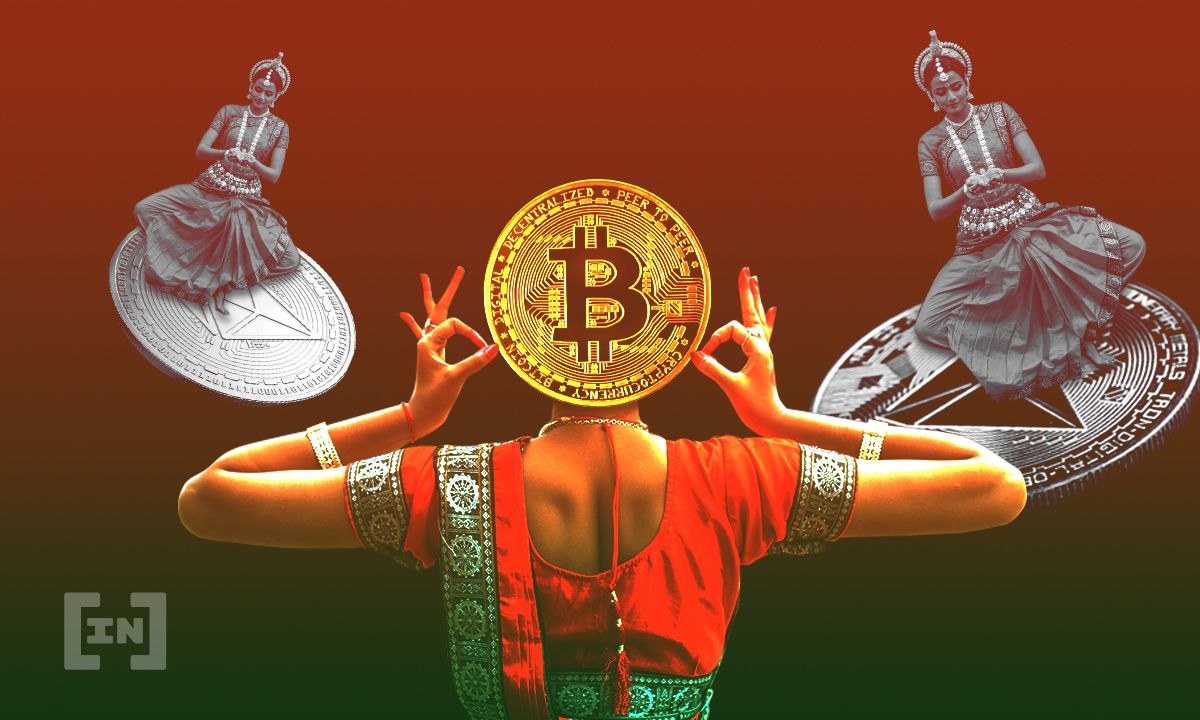Reports from local media outlets suggest that the Indian government could classify cryptocurrencies as commodities and tax them accordingly.
There finally appears to be some progress from the Indian government regarding the regulation and legalization of cryptocurrencies. Local media reports indicate that the government is considering classifying cryptocurrencies as commodities. This would be accompanied by typical regulation for the latter, including taxation and an analysis of how they are used.
The Economic Times was the first to report that the new draft of the bill classified the asset class as commodities. But much of it appears unclear, and these are only statements from those close to the matter.
Classifying crypto as commodities and not a currency could solve multiple issues that the Indian government has with the market. It does not consider bitcoin as legal tender and strongly upholds the argument that only the central bank should issue currencies.
The one major aspect of the draft that the Economic Times report points out is the fact that authorities will focus on the end-use of the assets. In other words, the technology used by each individual blockchain or cryptocurrency will define their classification.
Additionally, new KYC procedures and accounting standards will be put in place. The tax guideline will reportedly be similar to the Security Transaction Tax (STI). The income tax, which applies to commodities, would also be applied if crypto becomes classified as a commodities class.
The definition and classification of crypto will be an important part of the draft and will at least let investors “what” a cryptocurrency is. The lobbying efforts of many groups in the country is paying off, putting an end to a year’s long back and forth on regulation.
Indian investors’ long awaited regulatory clarity could be near
India has frequently flip-flopped on its position on crypto. The earliest rumors about regulation began years ago, and the initial position was that of an outright ban. The central bank ordered the banks in the country to stop facilitating transactions related to crypto.
Following that, many Indian investors were left in limbo, unsure if their large investments would be invalidated eventually. The Indian market has been a strong one for crypto, and the investment figures continue to grow. It currently stands at above $6.5 billion.
But now things are much clearer, it would seem. After years of reported draconian bans, and then legalization, and back to bans, Indians may finally be able to rest easy.
This should also have a significant positive impact on the market, as India is a hotbed for crypto activity. Coinbase, among others, has set up shop in India, while Indian-origin startups also show strong growth. The regulation, in its current form, will likely only spur that entrepreneurial spirit, which certainly no government would want to turn away.
Disclaimer
In adherence to the Trust Project guidelines, BeInCrypto is committed to unbiased, transparent reporting. This news article aims to provide accurate, timely information. However, readers are advised to verify facts independently and consult with a professional before making any decisions based on this content. Please note that our Terms and Conditions, Privacy Policy, and Disclaimers have been updated.


